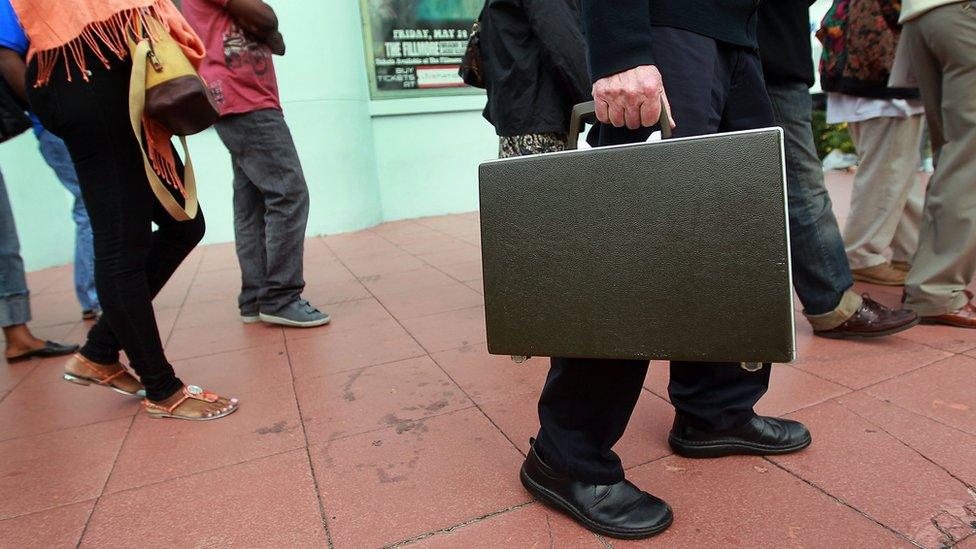Call for council-run schools to sponsor academies
- Published

Successful council-run schools should be allowed to run struggling academies, says the Local Government Association
High-performing, council-run schools in England should be allowed to sponsor struggling schools without becoming academies first, say town hall bosses.
The Local Government Association feels that with lots of council-run schools flourishing, they should be allowed to take over failing academies.
By contrast, too many academy chains are performing poorly, argues the LGA.
The government said high-performing schools could share their expertise after becoming academies.
Bill Watkin, director of the SSAT Schools, Students and Teachers network, identified problems with the LGA plan.
"A school wanting to sponsor an academy would have to set up a trust first - a company limited by guarantee - and that trust would be the sponsor. An academy wanting to do so would already have set up a trust in order to become an academy."
School performance
Currently 80% of council-run schools have been rated good or outstanding by schools watchdog Ofsted
Official performance figures, external for both the 20 largest academy chains and 100 councils with five or more secondary schools, suggest councils are better at adding value to pupil performance, the LGA points out.
The value-added measure uses pupils' performance in the last year of primary school to predict their expected performance at GCSE and compares this with their actual results.
If pupils do better than expected at GCSE, their school is said to have added value.
In 2014, only three of the 20 largest academy chains exceeded expectations when it came to pupils' GCSE results, compared with 44 out of the 100 councils, according to the figures.
This calls into question "the capacity of high-quality sponsors to take on additional schools," says the LGA.
The body is backing an amendment to the Education and Adoption Bill which would allow council-run schools and local authorities to sponsor academies.
Another amendment would require potential sponsors' success in adding value to be taken into account.
'Partners not barriers'
"Councils are education improvement partners and not a barrier to change," said Roy Perry, chairman of the LGA's children and young people board, speaking ahead of the bill's House of Lords committee stage next week.
"When putting in place support for a school to improve outcomes for children, the focus should be on the quality and capability of a sponsor, whether that is a sponsor academy, a high-performing maintained school, or a local authority.
"For parents, who are far more concerned with the quality of their child's education in the classroom than the legal status of the school, it is the council that they still frequently and naturally turn to for advice and support. However, councils' current powers to intervene are strictly limited."

Barriers to schools sponsoring academies include the need to set up a trust first, say experts
The National Union of Teachers urged the government and the House of Lords to accept the proposal.
"Instead of undermining the valuable work and experience of local authorities in education, the government should be building the capacity of local authorities to support schools and to provide much needed services to them," said general secretary Christine Blower.
Dr Mary Bousted, general secretary of the Association of Teachers and Lecturers agreed the plan would help raise standards in struggling schools as "the quality of academy sponsors varies hugely".
'Fragile schools'
Mr Watkin pointed out academy chains would inevitably have poorer results than council-run schools.
"Academy sponsors are taking on the most vulnerable and fragile schools. So of course their attainment is going to be lower compared with maintained schools which are a bigger range of schools."
A Department for Education spokesman said academies were "a vital part" of the government's plan for education.
"All 'good' and 'outstanding' schools have the freedom to convert to academy status either as stand-alone converters or as part of a multi-academy trust to share their expertise with other schools."
For weaker schools "becoming an academy with the support of a strong sponsor helps create the conditions for rapid and sustained improvement", said the spokesman.
- Published3 June 2015

- Published7 May 2016
